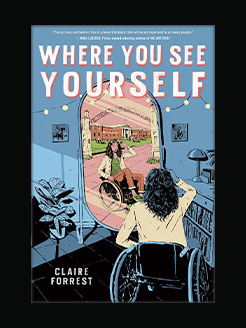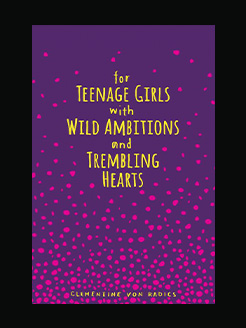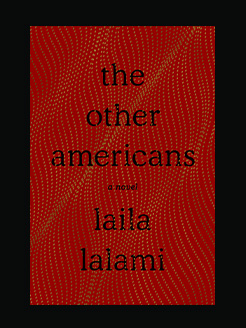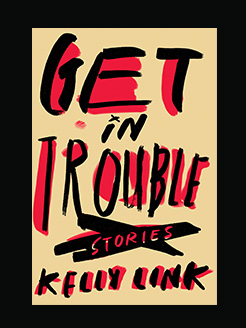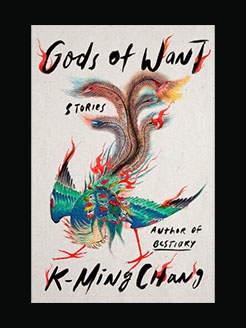Published in 2024
336 pages
Irene de Caso, Ph.D., is a biologist who first specialized in neurobiology and then completed a master’s of science and a doctorate in cognitive neuroscience and neuro-imaging from the University of York. A co-organizer of the 2020 Interdisciplinary Conference on Psychedelic Research and co-director of the Madrid Psychedelic Society, she lives in Madrid, Spain, where she works as a neuroscientific consultant and is studying to become a clinical psychologist.
What is this book about?
Presenting a comprehensive guide to the new and evolving landscape of psychedelic-assisted mental health treatment, neuroscientist Irene de Caso takes you on a journey through the brain, revealing how psychedelics and empathogens, if taken in a safe and therapeutic environment, can lead to positive and lasting changes.
- Details how psychedelics alter our experience from a neurological perspective, including what neurons they interact with, their effects on cognitive and emotional processing, and why those effects can be therapeutic
- Looks at clinical results with LSD, psilocybin from magic mushrooms, and DMT from ayahuasca, as well as empathogens such as MDMA, found in ecstasy
- Provides an illustrated introduction to neuroscience and a vision for a new model of psychotherapy where psychedelics help bring lasting healing
Providing an illustrated introduction to neuroscience and molecular actions in the body and brain, the author details how psychedelics alter our experience, including their effects on cognitive and emotional processing and how those effects can be therapeutic. She explores the wide body of evidence behind the psychedelic revolution in psychiatry and psychotherapy and looks at clinical studies on hallucinogens such as LSD, psilocybin from magic mushrooms, and DMT from ayahuasca as well as empathogens such as MDMA found in ecstasy. She reviews the efficacy of psychedelics in treating alcoholism and other addictions, post-traumatic stress disorder, social anxiety in autistic individuals, treatment-resistant depression, and other conditions, offering statistical comparisons to conventional antidepressants and mood-enhancing drugs. She also explores the psychedelic experience through neuroimaging and phenomenological experience, considering mystical states, synesthesia, and the therapeutic benefits of momentary ego-dissolution.
Laying the foundation for a new model of psychotherapy, de Caso shows how psychedelics can help break down our defense mechanisms, offer direct access to the subconscious, and provide a path to deeper, lasting healing.
